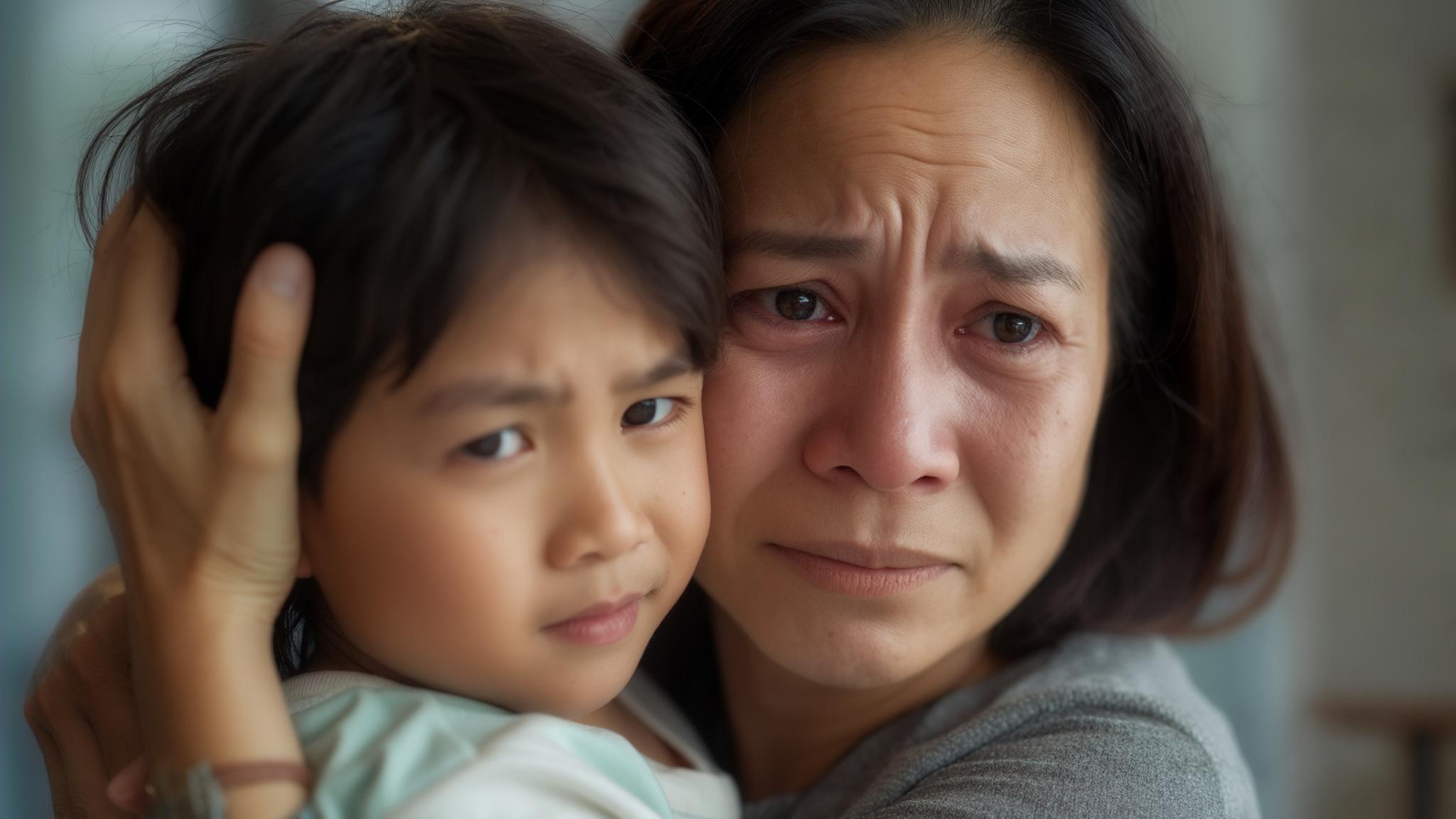Family Therapy: Supporting Children through Parental Illness
I. Introduction
A. Definition of Family Therapy
Family therapy is a form of psychological counseling that addresses the dynamics and interactions within family systems. This approach brings multiple family members together to work on issues collectively, promoting healing and understanding through shared experiences.
B. Importance of Addressing Parental Illness
Parental illness significantly affects children's well-being. According to research, over 25% of children live with at least one parent suffering from a chronic illness. The emotional and psychological ramifications for children can include anxiety, depression, and behavioral issues when a parent faces severe health challenges. Recognizing and addressing these issues early on is essential.
C. Purpose of the Article
This article aims to explore how family therapy serves as a supportive framework for children coping with a parent's illness, improving their emotional health and family relationships.
II. Understanding Parental Illness
A. Types of Parental Illness
1. Chronic Illnesses: Conditions like diabetes and heart disease require ongoing management and can alter family routines significantly.
2. Mental Health Disorders: Illnesses such as depression and anxiety not only affect the parent but can also impact children's emotional stability.
3. Terminal Illnesses: Serious illnesses, such as cancer, require open discussions about life, death, and emotional preparedness.
B. Impact on Family Dynamics
Parental illness often shifts family roles and responsibilities. Children may find themselves taking on more responsibilities, feeling anxious about their parent's future, or struggling with feelings of neglect due to the attention focused on the sick parent. This shift can lead to emotional strain and confusion, necessitating improved communication and extra support.
III. The Role of Family Therapy
A. Definition and Goals of Family Therapy
Family therapy aims to improve family relationships by facilitating better communication and resolving conflicts that arise due to illness. The goals often include building understanding and support among family members, fostering resilience, and encouraging openness about feelings.
B. Techniques Used in Family Therapy
Family therapists employ various techniques including:
- Structural Family Therapy: Focuses on reorganizing family interactions.
- Narrative Therapy: Encourages families to tell their stories, reshaping their understanding of illness.
- Cognitive-Behavioral Approaches: Help families identify unhealthy patterns of thinking related to illness.
C. Benefits of Family Therapy for Children
Children involved in family therapy experience several benefits:
- A safe space to express their feelings about the illness.
- Improved understanding and adaptation to the illness.
- Development of effective coping strategies, enhancing resilience.
IV. The Therapeutic Process
A. Initial Assessment
Therapists begin the process by gathering information on family dynamics, current struggles, and individual concerns related to the parental illness. This assessment helps in tailoring therapy to each family's needs.
B. Setting Goals for Therapy
Collaborative goals are established between the therapist and the family, focusing on enhancing communication, providing emotional support, and addressing specific concerns arising from the illness.
C. Ongoing Sessions
Regular family therapy sessions typically include family discussions, individual check-ins, and activities that strengthen bonds. Commitment and consistent attendance are crucial to progress.
V. Supporting Children within Family Therapy
A. Age-Appropriate Communication
Therapists tailor discussions according to children's development stages, ensuring conversations about illness are appropriate and encouraging children to share their thoughts, worries, and feelings openly.
B. Teaching Coping Mechanisms
Effective techniques such as mindfulness, emotional regulation practices, and cognitive reframing help children manage their feelings of anxiety. Role-playing can also prepare them for real-life situations involving care or loss.
C. Involving Children in Caregiving
By assigning age-appropriate tasks, therapists can empower children, helping them feel competent and involved while reminding them about the importance of balancing responsibilities with self-care.
VI. Case Studies and Testimonials
A. Real-Life Examples
Many families find success in therapy, such as one family coping with a parent's chronic illness who noted improved communication and reduced anxiety among their children.
B. Insights from Therapists
Therapists emphasize that common themes often include enhanced understanding of illness, growing closer to one another, and overcoming feelings of isolation by sharing experiences in a safe environment.
VII. Challenges and Considerations
A. Stigma and Misunderstanding
Society often holds prejudices against certain illnesses, which can impact how families feel about seeking help through therapy. Addressing these stigmas is vital for facilitating openness.
B. Resistance to Therapy
Families may resist therapy due to fear, denial, or past negative experiences. Therapists can help by validating concerns and emphasizing the supportive nature of therapy.
C. Cultural Sensitivity
Being aware of cultural backgrounds is crucial in therapy, as families may have different beliefs about illness and support. Tailoring approaches to fit these backgrounds promotes trust and efficacy in therapy.
VIII. Resources and Support
A. Finding a Family Therapist
When seeking a family therapist, consider checking credentials, experience levels with specific illnesses, and whether their communication style aligns with your family's needs.
B. Additional Resources
Books such as "The Family Guide to Mental Health Care" and websites like MentalHealth.gov offer valuable information and support tools for families.
C. Community Support Systems
Local support groups and online communities can provide additional avenues for connection, understanding, and support between families facing similar challenges.
IX. Conclusion
A. Recap of the Importance of Family Therapy
Family therapy offers a vital resource for families coping with a parent's illness, providing a structured avenue for support, communication, and healing.
B. Call to Action
Families are encouraged to seek out therapy early and foster open communication. Early intervention can lead to more robust emotional health for children and stronger family ties.
X. References
A. Academic Journals and Articles
- Journal of Family Psychology
- Family Process
B. Books on Family Therapy and Coping with Illness
- "The Family Guide to Mental Health Care" by Michael H. Miller
- "The Family Therapist's Guide to Adolescents" by Michael E. H. Seifert
C. Relevant Websites and Online Resources
- National Alliance on Mental Illness (NAMI)
- MentalHealth.gov

